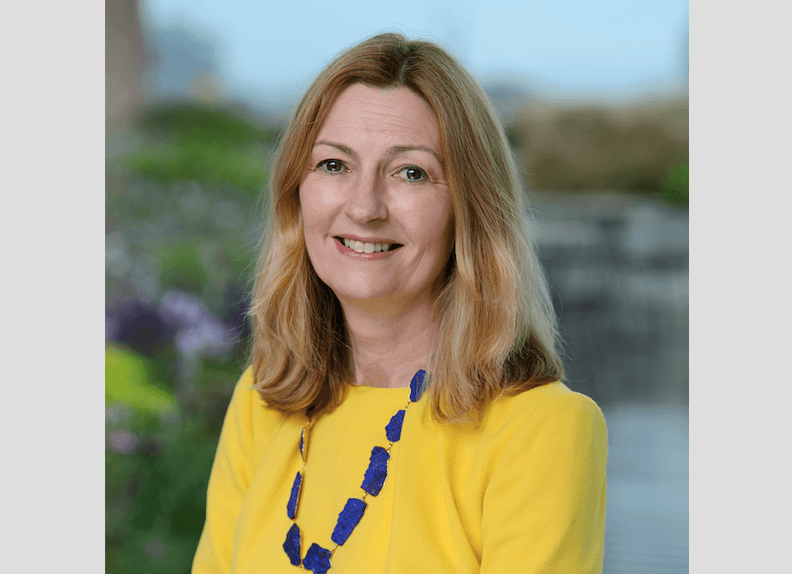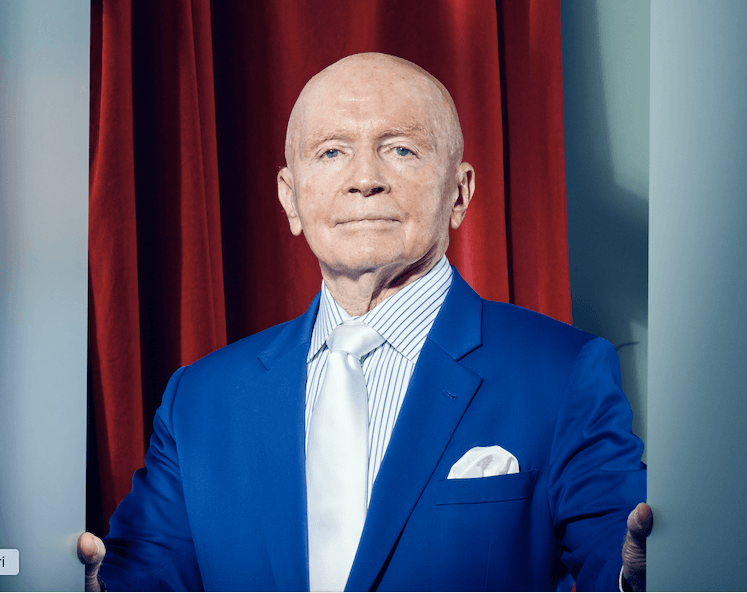Fidelity International Announces Anne Richards to Transition to Vice Chair in 2024
| For Beatriz Zúñiga | 0 Comentarios

Fidelity International has announced that Anne Richards, who has been CEO of Fidelity International for the past five years, will be stepping down from her full-time executive position. However, she will remain involved with the company in the capacity of Vice President.
In her new role as Vice Chair, Richards will focus on nurturing key external relationships and strategic partnerships, leveraging her extensive experience and insights. The transition will be managed over the coming months under the guidance of the Fidelity International Board. The organization is yet to announce details regarding her successor as CEO.
Reflecting on Anne’s tenure as CEO, Abby Johnson, Chair of Fidelity International, highlighted her significant contributions. “Anne has been instrumental in driving our organization forward, particularly in expanding our capabilities and services across various markets. Her leadership in sustainability has set a solid foundation for our future endeavors,” said Johnson. She also credited Anne for her efforts in fostering a diverse and inclusive workplace, introducing enhanced parental and carers leave policies, and advocating for dynamic working environments.
Fidelity International stands as a testament to long-term, purpose-driven investment strategies. Serving over 2.9 million customers worldwide, the organization manages $714.3 billion in total assets. With operations in more than 25 locations, its client base ranges from central banks and sovereign wealth funds to private individuals. Fidelity’s dedication to investment solutions and retirement expertise is evident in its comprehensive approach, including investment choices, administration services, and pension guidance.
The organization emphasizes that it offers information on products and services but does not provide investment advice tailored to individual circumstances, except under specific conditions by an authorized firm. Fidelity International operates as a collective of companies outside North America, focusing on delivering quality investment management services globally.
As Anne Richards prepares to transition to her new role, Fidelity International continues its commitment to building better financial futures for its clients, employees, and communities worldwide. The organization upholds its legacy of thinking generationally and investing for the long term, evident in its approach to asset management and solutions for workplace and personal investing.









